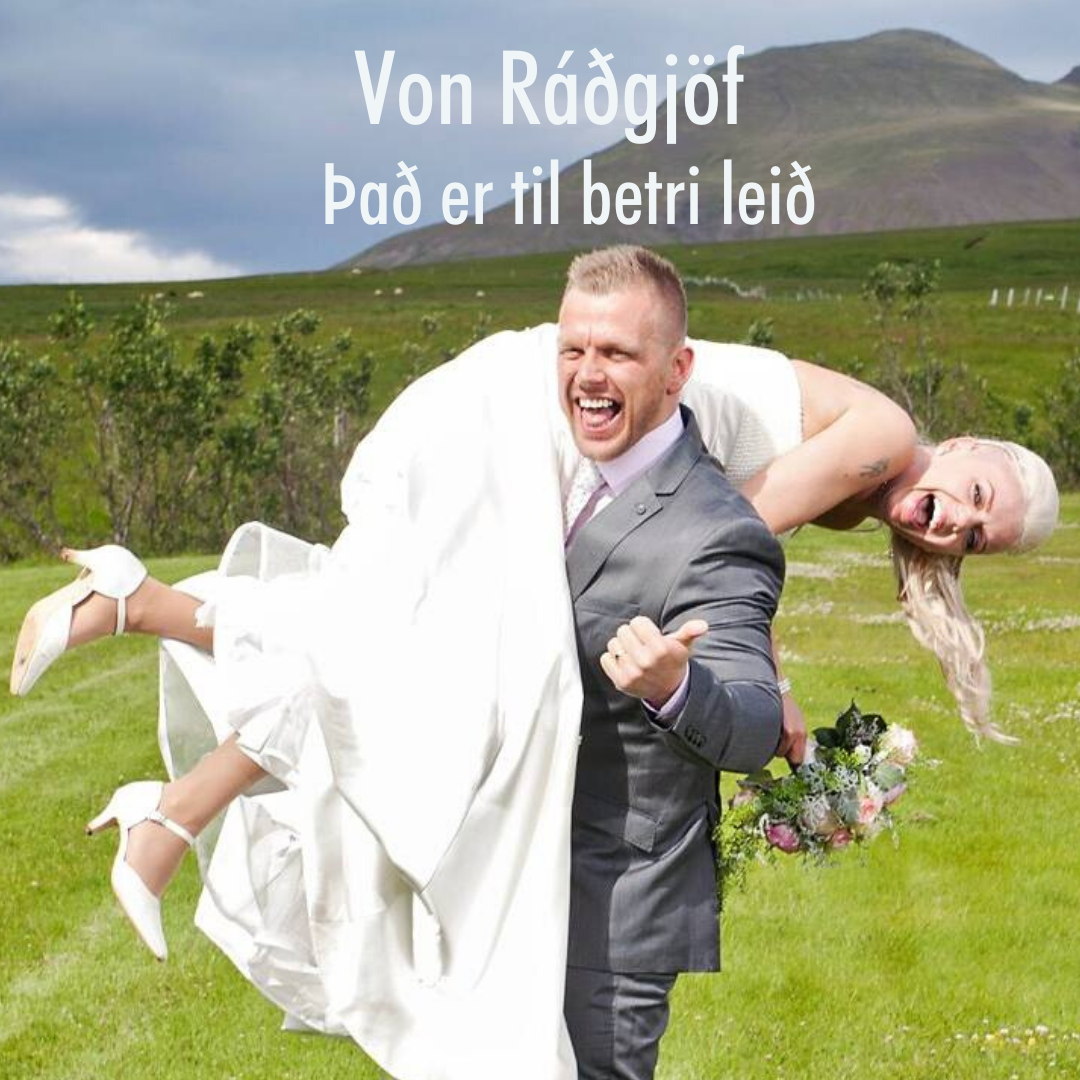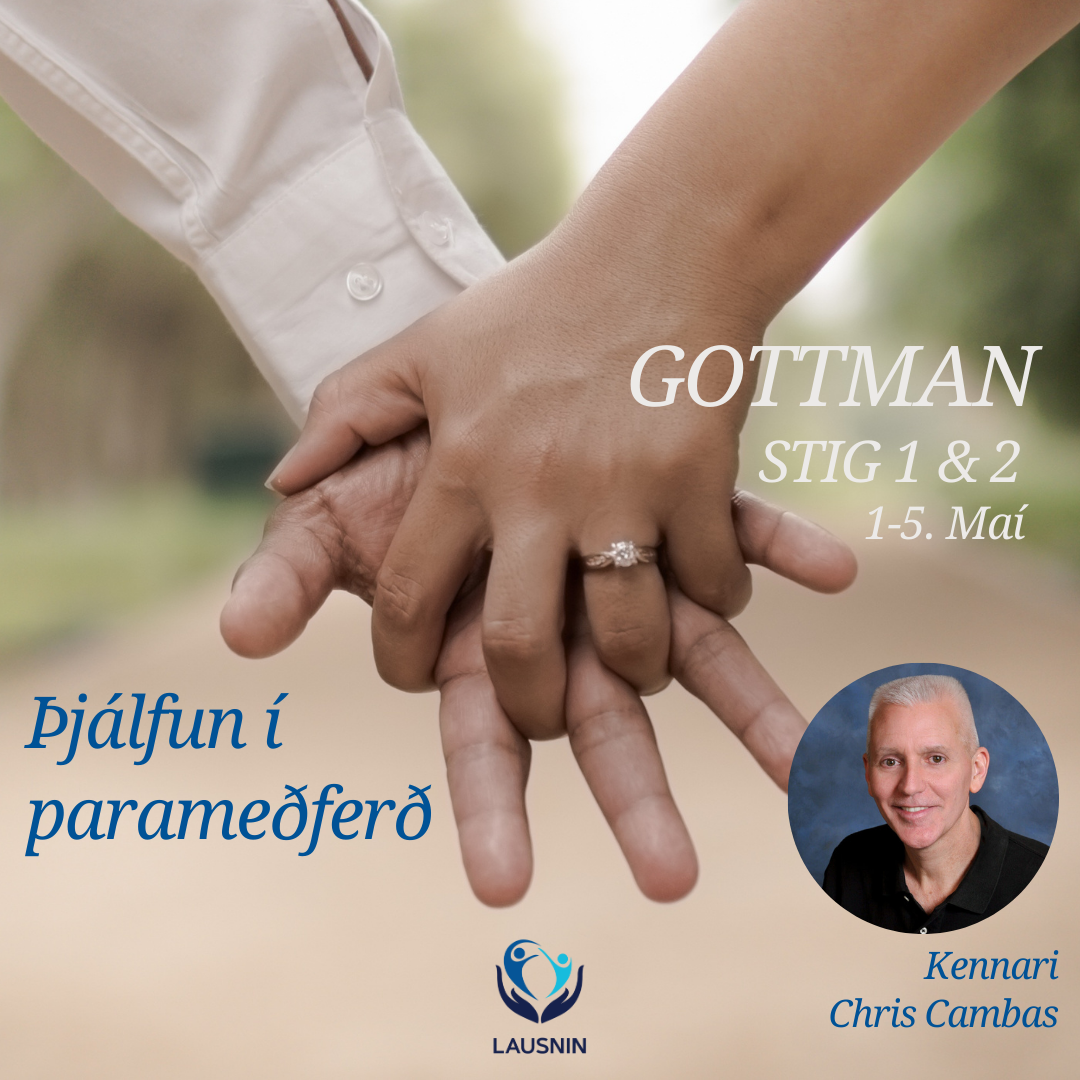What happens when we are verbally attacked or criticized by those close to us, and why do we do it ourselves? Attacking may come in many forms, such as criticizing, making allegations, blaming others for your emotions/problems etc. If we experience it in our childhood, we will likely "handle it" by recognizing that it is indeed "me" being defective and doing something wrong if my parents treat me like that." The child does not have the ability to fully protect itself, so the attack will likely be internalized and later in life we may devalue ourselves or have a tendency to mistreat others. Many people who experienced this in childhood are very critical of themselves with the smallest life issues and everyday failures. Such people enter the subsequent stages of life vulnerable to similar experience, so they may react passively when loved ones hurt them, or paradoxically, they hurt others with criticism or blaming.
The problem of blaming is sometimes easier to notice if we are in a relationship and these behaviours are repetitive on the part of one or both partners. According to Dr Sue Johnson, when partners remain in distress, a couple can begin to "manage" their issues by creating a specific pattern of interaction that is itself destructive and causes partners to distance themselves from each other. One of those patterns is "find the bad guy" - the more one partner blames, the more the other counters or goes numb. Although we all fall into such traps sometimes, if we feel secure in the relationship, we are able to get out of it, repair the damage and meet each other’s needs. However, if we get stuck in the pattern, the consequences can be devastating. The relation with self is then dominated by low self-esteem, excessive tension, anger (often at oneself), frustration, guilt, shame, disappointment.
If the problem is relational, the resulting dissatisfaction in the relationship, the increasing inability to communicate constructively with each other, growing distance from each other, and the suffering of both can even lead to the relationship breakup. Importantly enough, over time both partners begin to perceive themselves more negatively, as being “not enough" or "too needy" to the extent that the self-image in terms of masculinity/femininity can be degraded.
Why does blaming become a trap that is so hard to get out of? In explaining this phenomenon, the modern theory of attachment comes to our aid. Well, research on attachment shows that our attachment style affects the ways we choose to deal with problems. A large number of adults, when faced with serious problems, experience a flood of emotions that push them to action. Such people seem to "motivate" themselves or the other party to change. Blaming/attacking, of course, also serves to relieve unbearable tension, but above all it is a protest against the deterioration of the relationship. In other words, it's hard to stop doing that when we still want to fix the relationship.
On the other hand, other people, when faced with problems, tend to distance themselves from their own experience by "cooling down" emotions or to distance themselves from a loved one if the problem is relational. When such a person is blamed by a partner, they tend to minimize the conflict, "creating a wall", while experiencing helplessness and disappointment on the inside. This unconscious way of coping is intended to both soothe oneself and maintain the relationship. So it's hard to behave differently in the face of criticism/blame if we want to preserve the relationship even though this way can be emotionally draining and obviously doesn't help the relationship while the tension is often vented externally (alcohol, social media, etc.)
Many elements of self-work can help in getting out of the trap of attacking (oneself), such as working on emotional regulation, learning to self-soothe, set boundaries, complain without blaming, practicing assertive communication of one's own needs, etc. The first step, however, is tracking and recognizing destructive patterns in relation with oneself and/or in relation with others before looking for new ways to replace the old ones. Above all, blaming/attacking is “the bad guy”, not you and not your partner.




